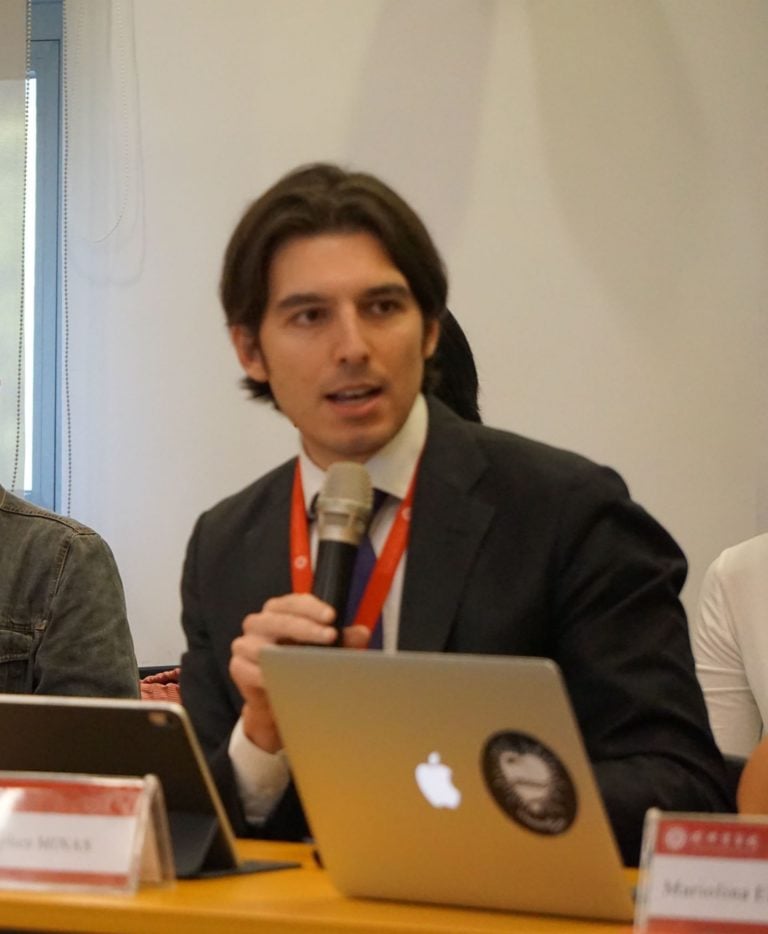On 23 January, the government of the People’s Republic of China imposed a quarantine on the central Chinese city of Wuhan, population eleven million. The quarantine measures, designed to counter the spread of COVID-19, included a ban on trains and flights leaving the city and health checks for anyone leaving Wuhan by private car. Residents were instructed to stay in Wuhan unless they could provide ‘special reasons’ for leaving. The announcement of these measures was followed by a rush of people to the main train station and airport, and to hospitals to be tested for the virus, long queues for petrol, shortages of medical equipment and price inflation of food staples as residents sought to build stockpiles.
Wuhan’s experience foreshadowed the world’s. In the months that followed the Wuhan lockdown, authoritarian states and democracies, developed and developing countries, have all made their decisions in the face of pandemic. Some states have taken their responsibilities seriously. Others have left their citizens unprotected. A few states have indulged in populist spectacles that seem designed to distract attention from their catastrophic mismanagement or even neglect of the pandemic. In each case, the relationship between state and citizen – often in the background in normal times – is in focus.
What the pandemic vividly demonstrates is that governments retain the ability to impose states of emergency on territories within their control. Legal powers that previously seemed distant and theoretical have been enforced. The movers and shakers of globalisation, which sometimes seemed to declare independence from host states – think global markets, transnational corporations and world cities – are contending with lockdowns and closed borders. This situation challenges assumptions about the ‘decline’ of the state. It also reveals the limitations of projects to replace or supplement the role of the state.
READ MORE: Experts talk, Health Minister’s tears and grieving Greek families at St Basil’s with 11 deaths
Take the notion of ‘urban citizenship’, which some political scientists have promoted. The idea is that cities are closer than states to people’s concerns and are better equipped to solve practical problems, both locally and globally through city-to-city networks. This aspiration is captured in the late Benjamin Barber’s book ‘If Mayors Ruled the World’, and has also been promoted by working politicians. Former Chicago mayor Rahm Emanuel’s book The Nation City carries the blunt subtitle ‘Why Mayors Are Now Running the World’. With unfortunate timing, it was released in February 2020.
How does the pandemic challenge the notion that ‘urban citizenship’ could step into the breach left by distant or dysfunctional national governments? First, domestically, the state’s preponderance of legal and actual powers tightly constrains the ability of cities to offer legally meaningful ‘citizenship’ to their residents. As Ralf Dahrendorf observed, citizenship is, “to begin with, an idea which finds its expression in law”. It creates a ‘community under law’ in which the privileged category of ‘citizen’ can exercise legal rights. While city residents are often granted legal rights by virtue of their residency, such rights tend to be subordinate to the state’s legal order, which is ultimately backed by the possibility of coercive enforcement. If a language is a dialect with an army and a navy, then ‘urban citizenship’ belongs decidedly to the category of ‘dialect’ rather than ‘language’.
Second, internationally, states remain key building blocks of global governance. While governments are indeed challenged and constrained by powerful non-state actors, such as transnational corporations and rating agencies, states retain the ability to negotiate international agreements, e.g. to set up the World Health Organization’s COVID-19 review. It is often – correctly – noted that states are failing to ‘solve’ global problems and that cities and other non-state actors are trying to pick up the slack. And yet, pandemics, climate change, species extinctions and terrorism remain collective action problems. If coordinating almost two hundred states is difficult, negotiating among hundreds or perhaps thousands of cities would not be easier.
READ MORE: Australian citizenship up by 60 per cent this year despite COVID-19 with highest number on record
Third, faced with essentially global challenges requiring coordination among large powers, it makes more sense to encourage the emergence of larger communities of political organisation and solidarity (such as through the development of EU citizenship) than to focus on localism. Today there can be no city that ‘is sufficient for herself both in peace and war’, as Pericles once boasted of Athens. Rather, cities must secure their interests not just in partnership with each other, but through close cooperation with national and subnational governments, the private sector and other actors. In a world of collective action problems, we should be seeking to expand solidarities not to shrink them.
The pandemic has demonstrated the limitations of ‘urban citizenship’ during a sustained emergency in which states have been required to take extreme measures to protect human life. States which have played this role effectively have reasserted their ultimate responsibility for the safety of their people. Where states have failed to protect their citizens, the collective efforts of cities, NGOs and other well-meaning actors have not been able to prevent tragedy. Cities, to be sure, are irreplaceable centres of creativity, capital and policy experimentation, but they are not going to become unmoored from their national hinterlands anytime soon, any more than an independent London remains in the European Union. Rather, the challenge and opportunity are to harness the unique potential of cities within the framework of states and, in Europe, a union of states.
Stephen Minas is Assistant Professor of Law at Peking University. This article is a condensed and updated version of a paper originally published by the European University Institute.










